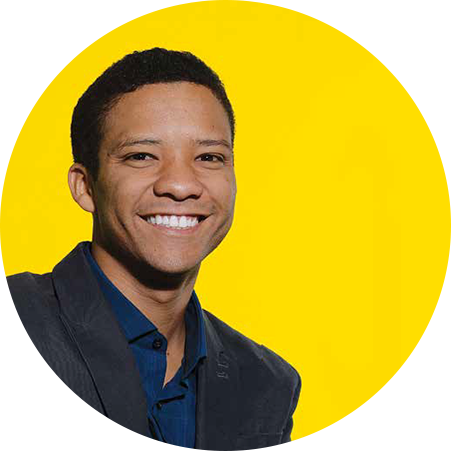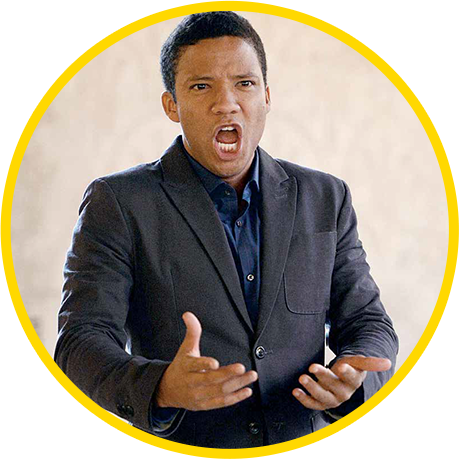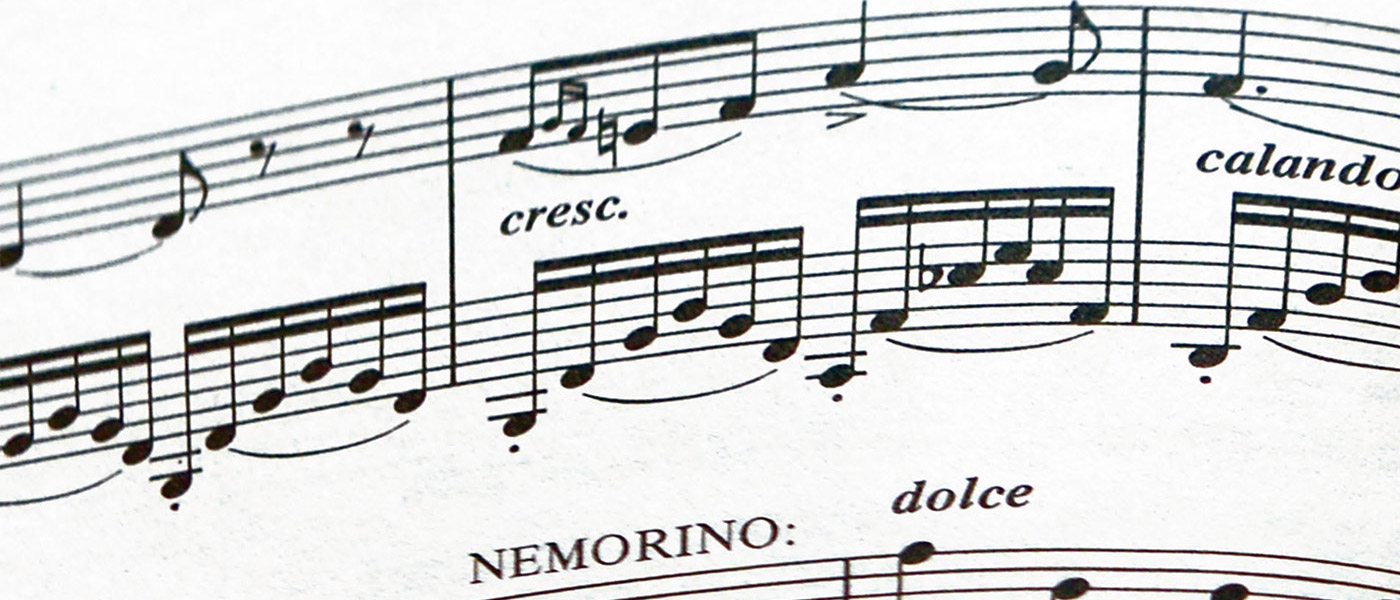
29 years old, Brazilian
2013: XXVIII World Youth Day he sings for Pope Francesco
2013: solo artist at Metropolitan Museum’s Auditorium – New York
2013: Avery Fischer Hall – Lincoln Center New York
My wheel is a vocal technique that is achieved by rounding out the sound to create a result of the highest quality, fluidity and naturalness.
The path taken by the sound is crucial, both aesthetically and technically: on one hand it's a facilitator of movement, on the other, it ensures a full projection of sound without causing physical damage or trauma.



Jean William Silva is a young Brazilian tenor who is quickly becoming famous in his country and internationally. He appeared on Brazilian TV in 2009 and, in July 2013, he performed at the first visit of Pope Francis to Brazil, and was seen by more than 3 million people live and more than 30 countries and an estimated 40 million people around the world.
In December of the same year, he performed as a soloist at the Metropolitan Museum auditorium in New York, performing arias by J. S. Bach.
He also sang at the Avery Fisher Hall at Lincoln Center in New York, receiving laudatory reviews for his interpretation of songs by Heitor Villa Lobos.
He has recently had a theater named after him in his home town of Barrinha.
His repertoire includes sacred music, opera, symphonic and chamber music. He is currently recording an album, "Two Acts", in which Brazilian popular songs meet Italian bel canto.
Jean is a young singer, a tenor, who doesn't seem shy of the plaudits coming his way. He is clearly a prodigious and precocious individual, and someone who seemed as though he was on the precipice of greatness. His exposure in the public eye has made him into a professional young man.
He has a wide oeuvre too, a voice for sacred music, arias, Opera and musicals, as well as the popular songs of his home. This breadth was inflected in his presentation, bringing to bear his wide set of sensibilities.
Jean is a small, charming boy with a frame that you wouldn't imagine could produce such a huge sound, a voice that fills the room; moving and impressive in equal measure. He was full of impetuosity too, a youthful, capricious confidence. He is currently committed to a traditional, classical repertoire, but we talked a lot about his own creativity, and how he might one day be able to write songs himself; something he is clearly passionate about.
In Jean, this eagerness to think more broadly about his voice, and his work, is a clear sign of his talent: he has honed his art to a point but understands the need for versatility.
He wishes always to go beyond the confines, as he sees them, of his repertoire.
During his presentation Jean showed us how the voice forms a circle, how the mouth in its projection naturally takes this shape, and how this facilitates resonance - wholeness. To think about the voice in this way, in a world of fervent communication, is to reimagine its importance and its meaning. Like the wheel, the voice is a powerful motivator, it has the power to move and incite, it is both dangerous and significant.
[Hanif Kureishi]
Do you consider your talent a gift or a burden?
It's much more than a gift: it's also a tool for transformation and change that gives me the chance to assert my identity in the world and recognise myself anywhere.
What you would do if one day you woke up and discovered you had lost your talent?
I have a life and a passion, and I try to keep the two separate as far as possible. If I woke up one day and I'd lost my voice, it wouldn't be a tragedy.
I wouldn't be happy, and for a while I'd probably feel like I had no identity, but I know that I could do other things and still be happy.
Life is a great gift in itself.
Who is the living talent you most admire?
There are many, but I'd say Jessye Normann.
What do you like about your talent and what don't you like?
I like to think that, through my talent, I can create an energy that is capable of moving people and, possibly, improving something inside them.
What worries me is that people can confuse the artist with the person. Just because I can inspire emotions doesn't mean I'm always enthusiastic or in a good mood.
I'm a human being and therefore not perfect: that undoubtedly influences my voice, but technique is all about being able to perform flawlessly regardless of my state of mind.
When or where does your talent make you happy?
When I was a boy I used to sing on the roof of my grandparents' house, under a big mango tree: singing was the happiest moment of my day.
Then, in 2010, I was invited to sing in New York in a big gala and that day I discovered that music would be my passport to the world.
If you could change your talent, how you would change it?
There's always room for improvement and progress. My talent is my fingerprint.
It's that diversity and the certainty that I'm not perfect that drive me to continue to improve every day.